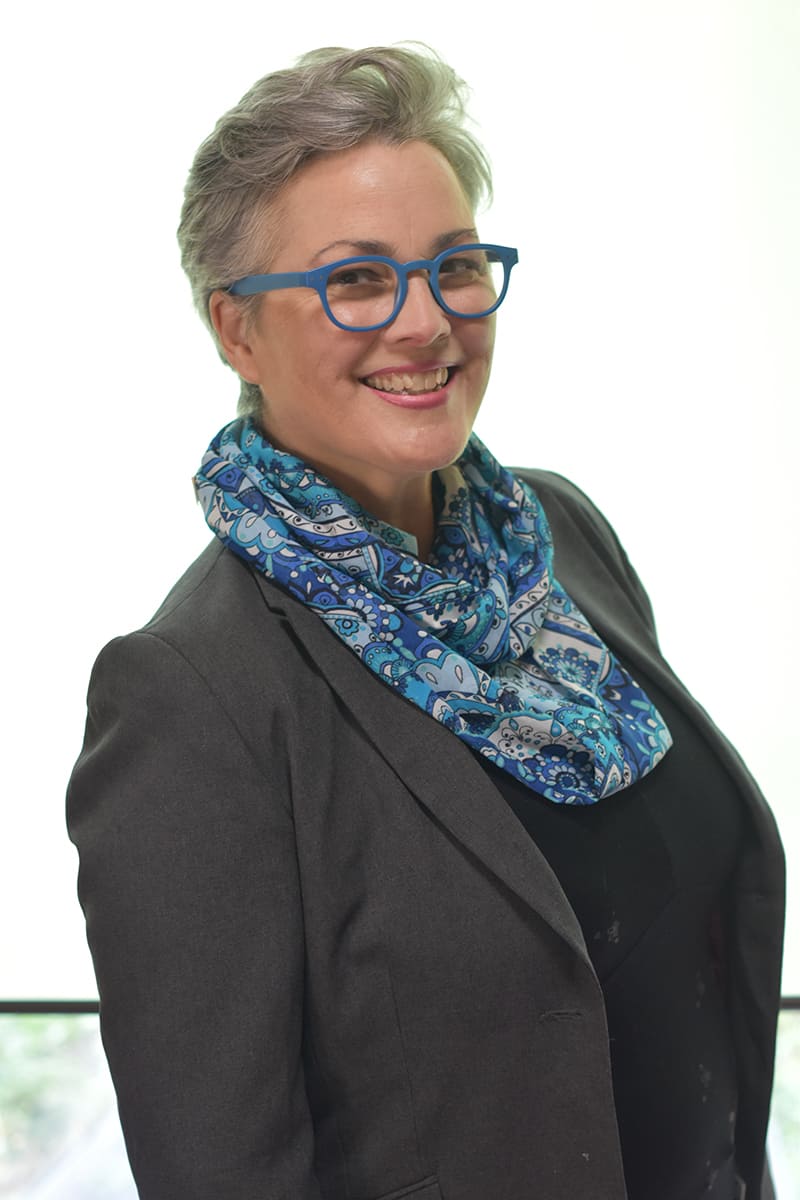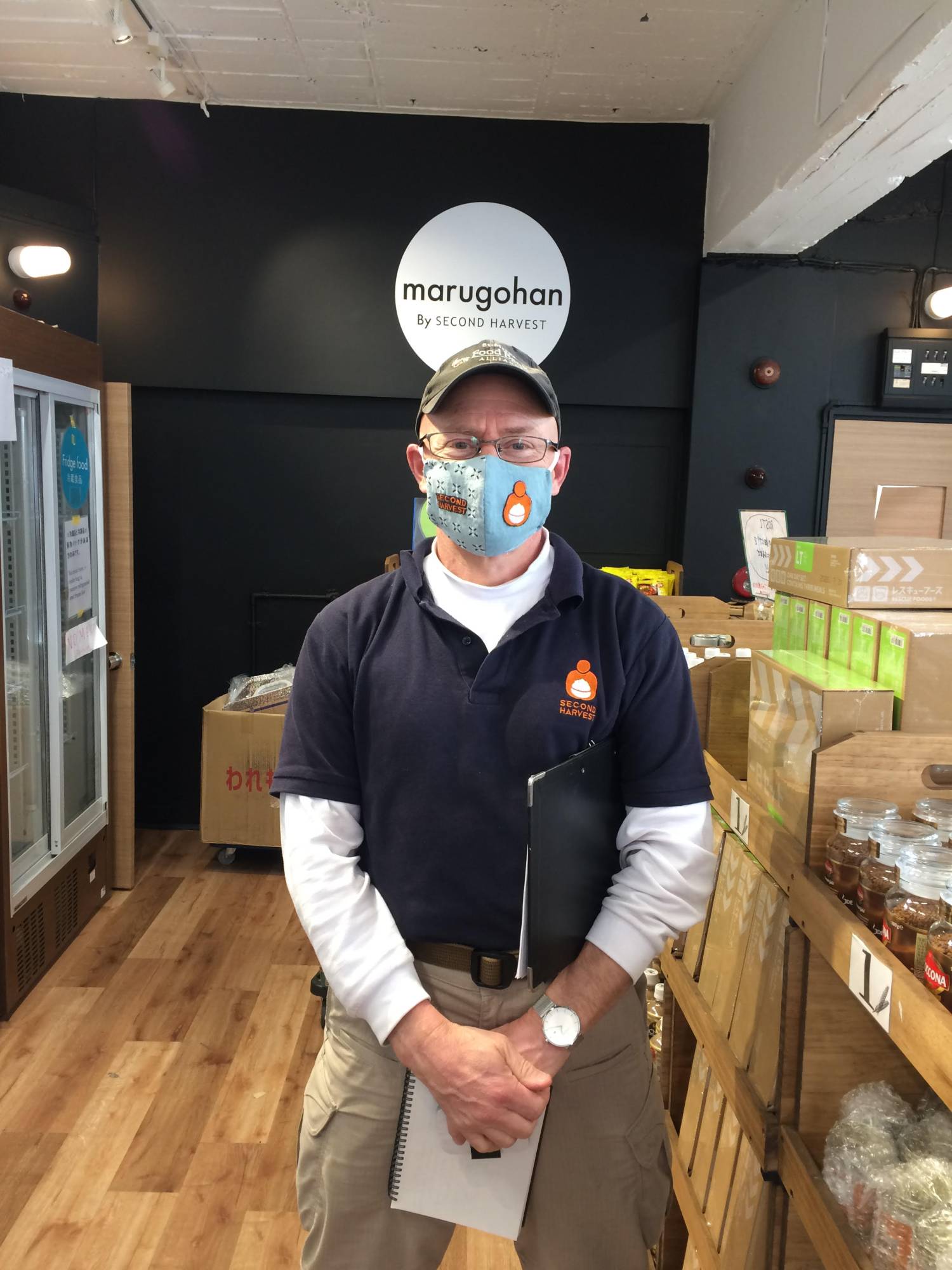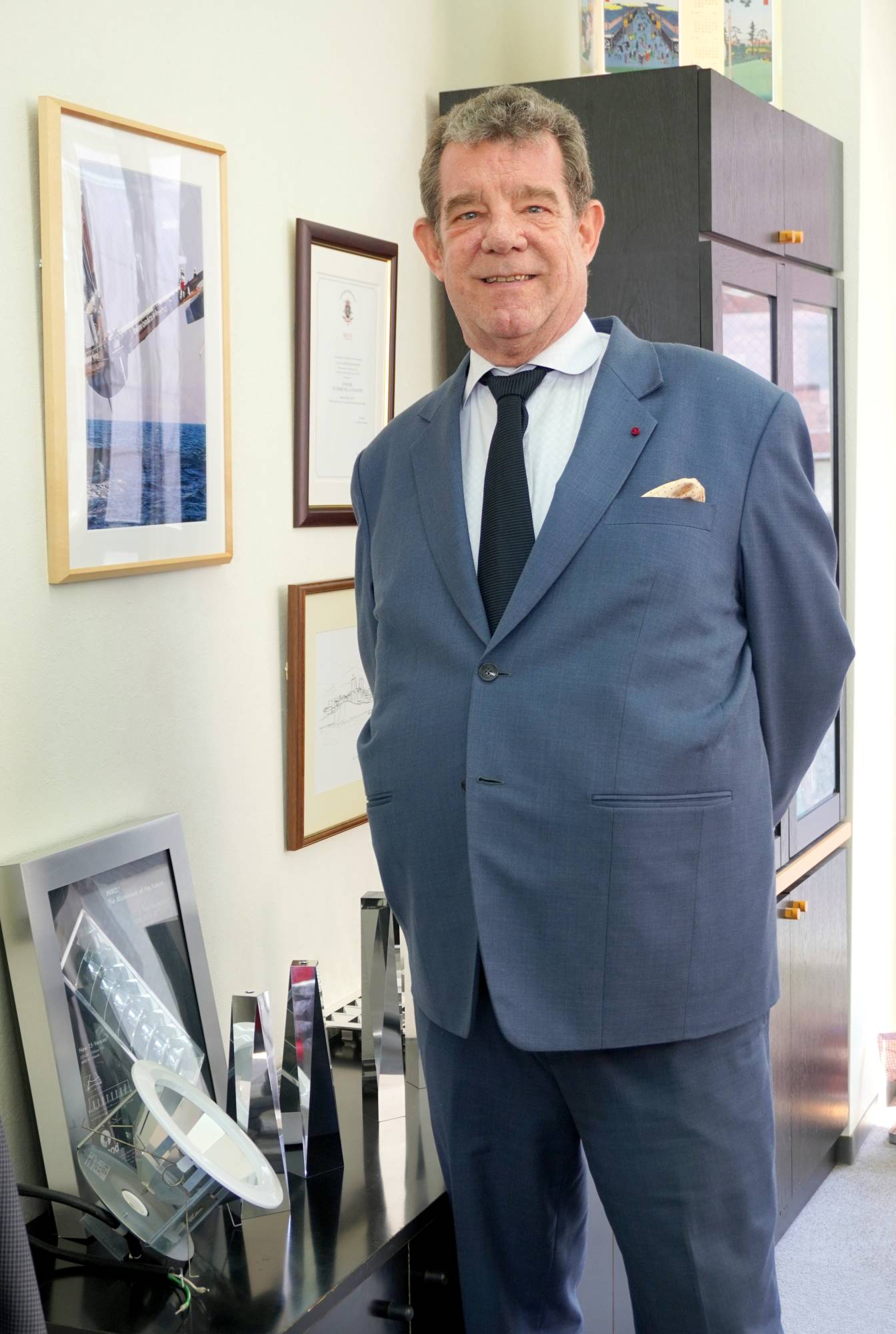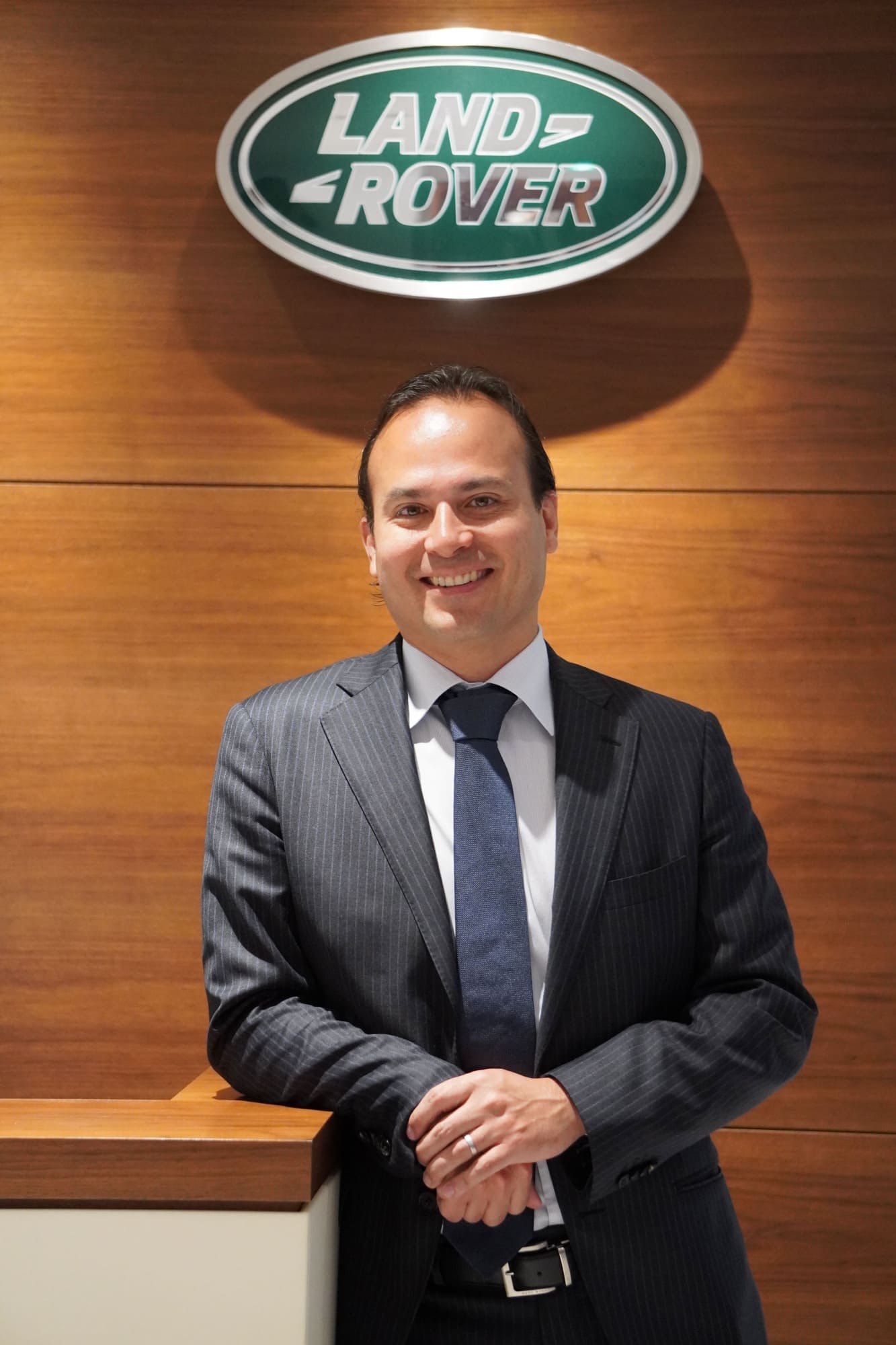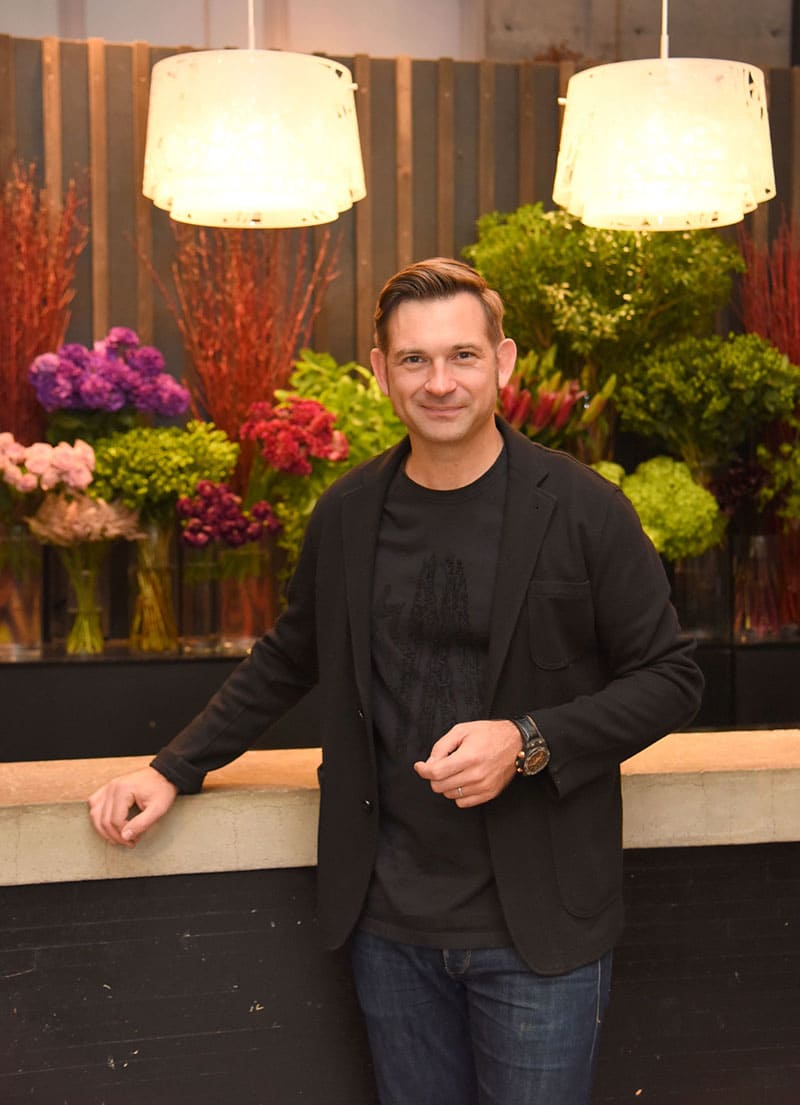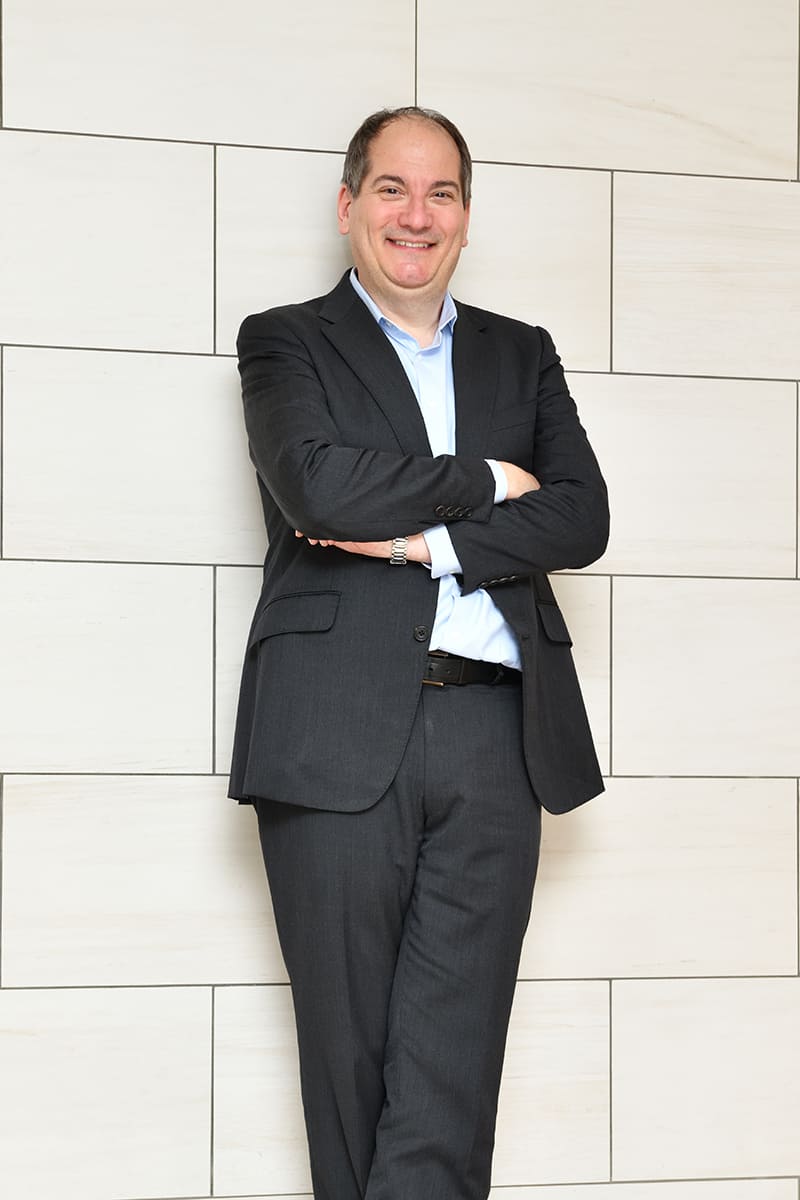
April 26, 2024
JapanIQ consultancy eases entry to tough market
Founder Paul Kraft leverages long experience, vast pool of people
- Name: Paul Kraft
- Title: President, JapanIQ
- URL: https://www.japaniq.com
- Hometown: Olivia, Minnesota
- Years in Japan: 20 (cumulative)
After more than 25 years in the dynamic, fast-paced world of multinational corporations, American Paul Kraft recently started his own Tokyo-based consulting firm, JapanIQ. Kraft honed his cross-cultural business skills at global food industry giants such as Starbucks, Nestle and Haribo, and launched the Honey Baked Ham brand in Japan. Eager to use his experience in problem-solving to help his own foreign clients, Kraft says that forming JapanIQ was the logical move in more ways than one.
“Japan is a daunting market. Most of the roles I’ve had have been pretty intense, and I was the first person in Japan for these large international companies. I am quite confident that I have had enough success — and the scars to prove it — to now help other firms. And it is very rewarding!” he explained. “My wife and I are also going to be empty nesters soon, and while being a consultant is hard work, it offers more flexibility in my schedule.”
Growing up in the town of Olivia, Minnesota, Kraft’s first connection with Japan came through the TV news in the late 1980s. Japan Inc. was a growing economic powerhouse, including the expansion of Toyota and the purchase of the Rockefeller Center and Columbia Pictures by Japanese entities. Fellow Minnesotan Walter Mondale also helped to raise Japan’s profile when he served as the U.S. ambassador from 1993 to 1996.
Kraft first came to Japan on a short trip in 1991 as a university student. After graduating with a double major in finance and economics, he returned the following year for a stint as an English teacher in Osaka. “It was the foreign adventure I felt that I didn’t have time for while in college. Before I started working in a corporation, I wanted to make sure I had the chance to live in another country,” he recalled.
While he had no inkling at the time of the global career ahead, it could be said that his long association with the food industry began as a youngster with a part-time job detasseling corn (removing the pollen-producing tassels atop the plants). In what he humorously refers to as a “patriotic dopamine hit,” he has two companies from Minnesota among his current clients and is looking forward to helping them succeed in Japan.
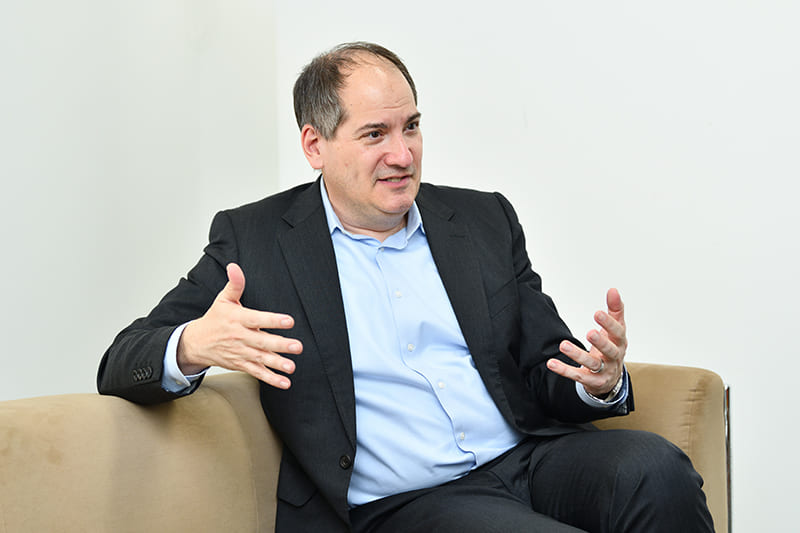
Sharing business knowledge
JapanIQ was officially launched last September. “I chose this name because I dedicated my career to understanding Japan and so I thought, ‘That fits.’ And the URL was available — which I was a little surprised about!” he said with a smile. “However, it’s not all about me. I’m also tapping into the vast pool of knowledge of the people I’ve worked with over the years.”
Kraft’s clients tend to be firms that have already tried breaking into the challenging Japanese market and have come to the realization that they need assistance. Kraft points out that his physical presence in Japan can make a big difference in this respect, as things typically progress more smoothly with local contacts if they know that someone with Japanese language and business skills is on board. “For example, if there is a problem — and you don’t want that, particularly in the food industry — I can be at the factory the next day. That makes everyone feel more comfortable,” Kraft explained.
While the consulting industry has a reputation for being “all about retainers,” Kraft says this is far removed from his motivation to go into business for himself. “It’s about managing projects across cultures, avoiding misunderstandings and having constant contact with clients. I’m finding it very interesting, and I enjoy working with different types of people and companies.”
Kraft is happy to share his industry experience, even when he knows it is probably not going to lead to a new client. “Some product categories just won’t work well in Japan, such as beverages. Think about all the drinks at the convenience store — that’s a very tough market to break into,” he mused.
Repackaging ideas
Kraft has seen some positive changes in the food and beverage sector over his time in Japan, including a growing awareness of the need for more sustainable business practices. “Japan has come under criticism for over-packaging. The issue is that the Japanese consumer demands quality — and more packaging equates with higher quality in the mind of the average consumer,” he noted.
He says there have been some strides in this direction with changing out plastic to paper-based materials when possible. Some retailers, such as Costco, know that encouraging food manufacturers to change packaging can help. As one example, a cube-shaped package means that more units can be fitted onto a pallet, leading to shipping the same number of packages in fewer containers — a win-win for both the firm and the environment.
Kraft also brought people together in his former capacity as the chair of the Food and Agriculture Committee at the American Chamber of Commerce. He arranged events where small niche companies rubbed shoulders with representatives from global giants, providing valuable opportunities for networking and exchanging ideas. Moreover, he facilitated speaker events on topics of interest to the food industry, such as a seminar on the JA Group (the national collective of Japan’s regional co-ops) and the influential role the co-ops play in various sectors of society.
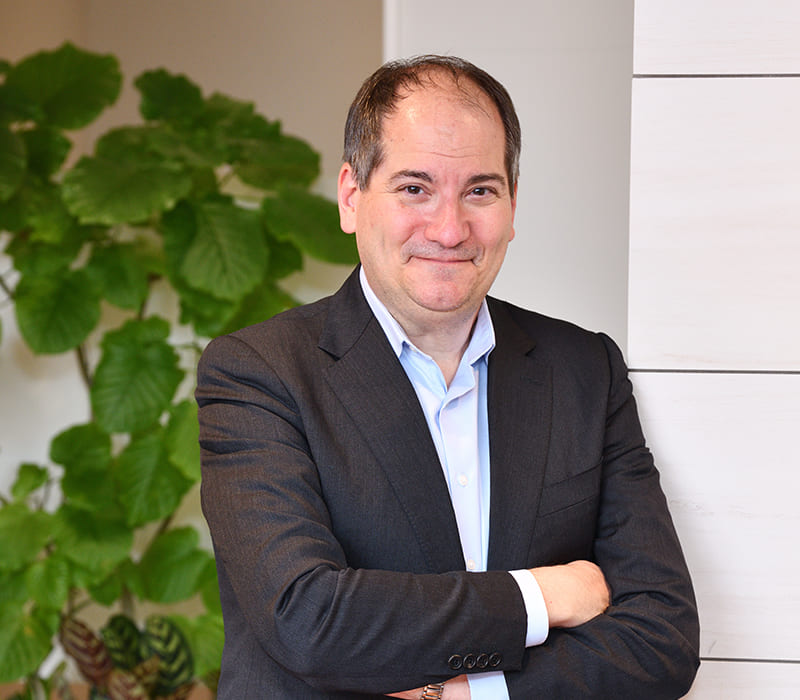
New horizons
With a daughter already in college and a son starting in the fall, Kraft has been enjoying helping his young adult children discover their own interests while also looking forward to more opportunities to travel with his wife. When time permits, he pursues his passion for DIY projects, making simple items of furniture such as cabinets and chests of drawers — a challenging hobby for an urban environment like Tokyo, where one needs to be mindful of the neighbors.
In recent months Kraft has also started a JapanIQ YouTube channel, where he shares original content about the Japanese consumer and retail landscape. “I talk about major Japanese retailers in the food industry. It’s ultra-niche, but people seem to find it valuable. It’s also a good way to explain what I do for potential clients,” he said.
The videos are edited by none other than his teenage daughter, whom he laughingly credits for “making me look good” in the videos. After all, even a seasoned business professional can do with a little help now and then with marketing.

